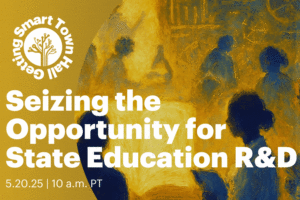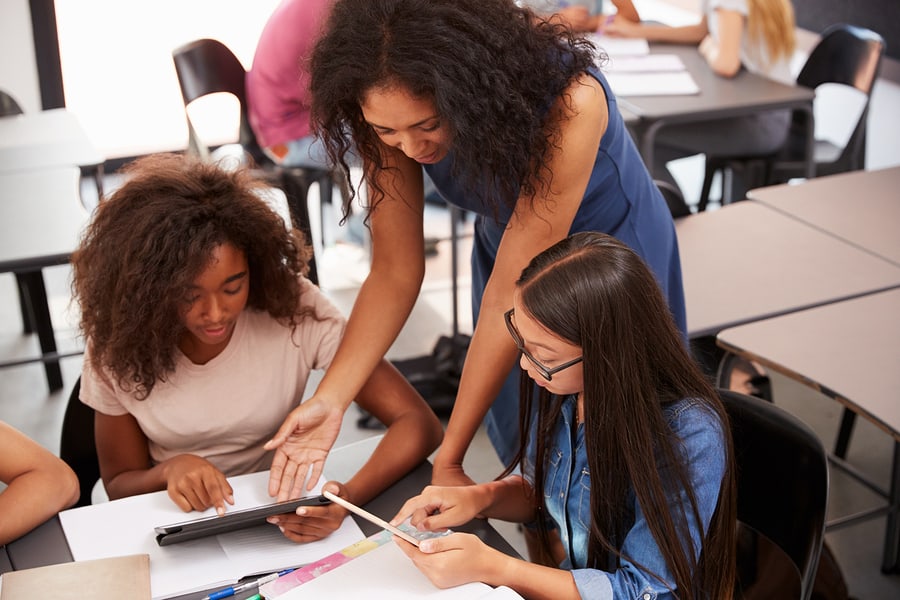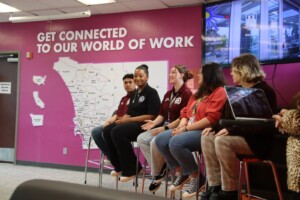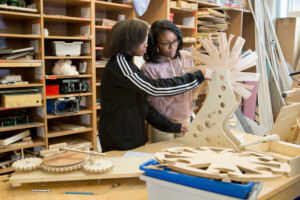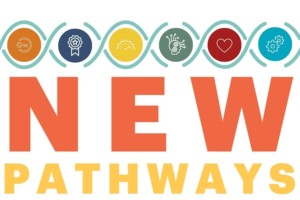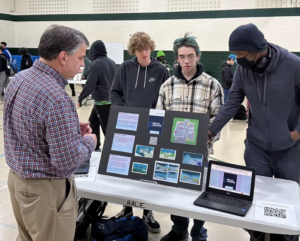A Culture of No: How to Get Past Fear and Risk-Aversion to Make Things Happen
Trace Pickering reflects on the ways his career in edu and business has shown him the power of yes.
World of Work Summit 2023
Norton Gusky recaps experiences from the World of Work Summit.
Santa Ynez Valley Union High: An Organic Project-Based Learning Journey
This chronicles one high school’s new and recent journey in an organic implementation of problem and project-based learning. Teachers and students are pushing forward with student voice and choice, civic engagement, student ownership and sharing high quality, public work.
The Rise of the Machines
What does the rise of machines mean for being human? How might our mental models adapt?
Why Are New Pathways Essential?
Across the nation, leading institutions and organizations are identifying pathways as a core component of a thriving economy and a missing piece from the K-12 experience.
Embracing the DARPA Model for EdTech Innovation: Charting the Course with GPT-4 and Beyond
GPT-4 and other disruptive edtech applications will proliferate quickly and need innovative research and development programs to ensure they are safe, effective, and equitable. Adapting the DARPA model to education opens the door for rapid-cycle research and development programs that can keep up with the rapidly evolving technology landscape.
Human Connection in Deeper Learning
What is the answer to deeper learning? Human connection.
From Classroom to Career: Mastering Real-World Competencies through Alternative Learning
Russell Cailey shares his insights on the benefits of alternative approaches to learning in response to traditional education models and their inability to adapt to the students of the 21st century.
9 Ways to Explore National Poetry Month
Poetry Month is a perfect time of the year for teachers to look for ways to increase student engagement in learning.
The Learner-Centered Competency-Based Learning Management System
Through our partner work with XQ Institute, we identified core criteria that any next-generation LMS should incorporate.


